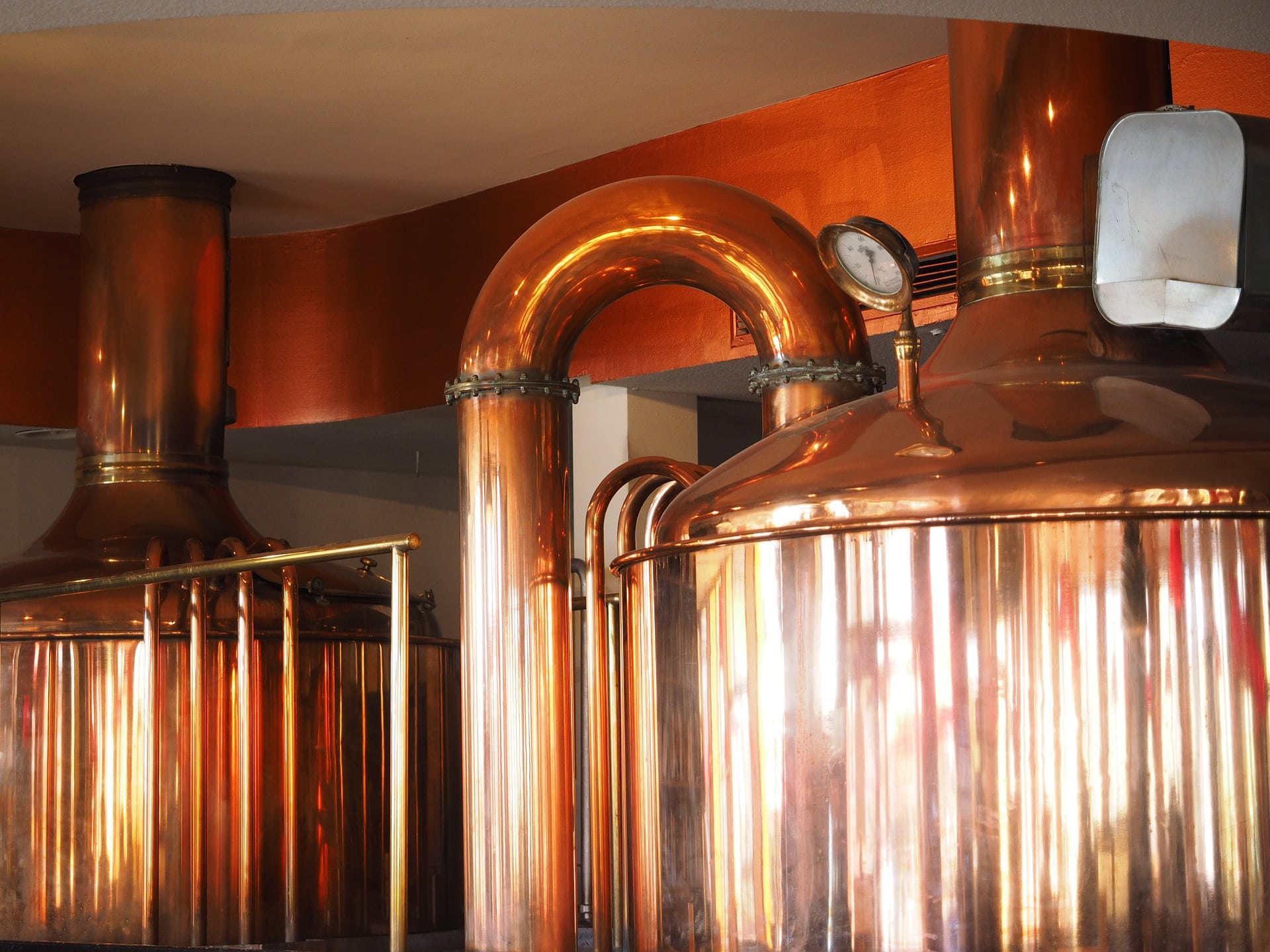Thinking about contract brewing? There’s a lot to contemplate.
Consider a circumstance where a brewery owner builds out a space and brewing equipment that is much larger than needed for their own purposes. Excess capacity is built in to allow other guest breweries to utilize the location as well.
This benefits the brewery owner (utilization of excess capacity) and guest brewer (available brewing capacity without need to invest capital).
From the Federal Alcohol Tax and Trade Bureau’s perspective (TTB), there are two ways to accomplish this: contract brewing or alternating proprietorships.
According to the TTB: “A contract brewing arrangement is a business relationship in which one person, such as a wholesale or retail dealer or a brewer, pays a brewing company, the “contract brewer,” to produce beer for him or her. The contract brewer is entirely responsible for producing the beer, keeping appropriate brewery records, labeling the beer with its name and address, obtaining necessary certificates of label approval (COLAs), and paying tax at the appropriate rate upon removal of the beer from the brewery. The contract brewer retains title to the beer at least until the beer is taxpaid or removed from the brewery. TTB considers contract brewing arrangements to be ordinary commercial arrangements.”
An alternating proprietorship, “is an arrangement in which two or more people take turns using the physical premises of a brewery.” The TTB further defines this as “multiple persons alternating the use of/sharing bonded premises and equipment.”
The TTB website can be a little dry. This article provides a nice summary of the differences between alternating proprietorships and contract brewing.
Choose wisely. Contract brewing and alternating proprietorships come with a plethora of rules, exceptions and left turns. Regardless of your choice, the beer needs to be brewed. So get out there and get busy.





